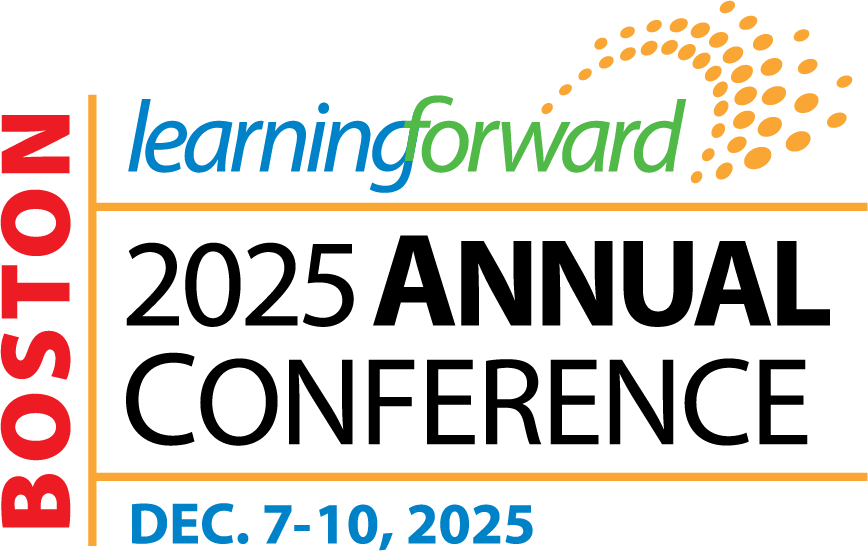Preconference Sessions
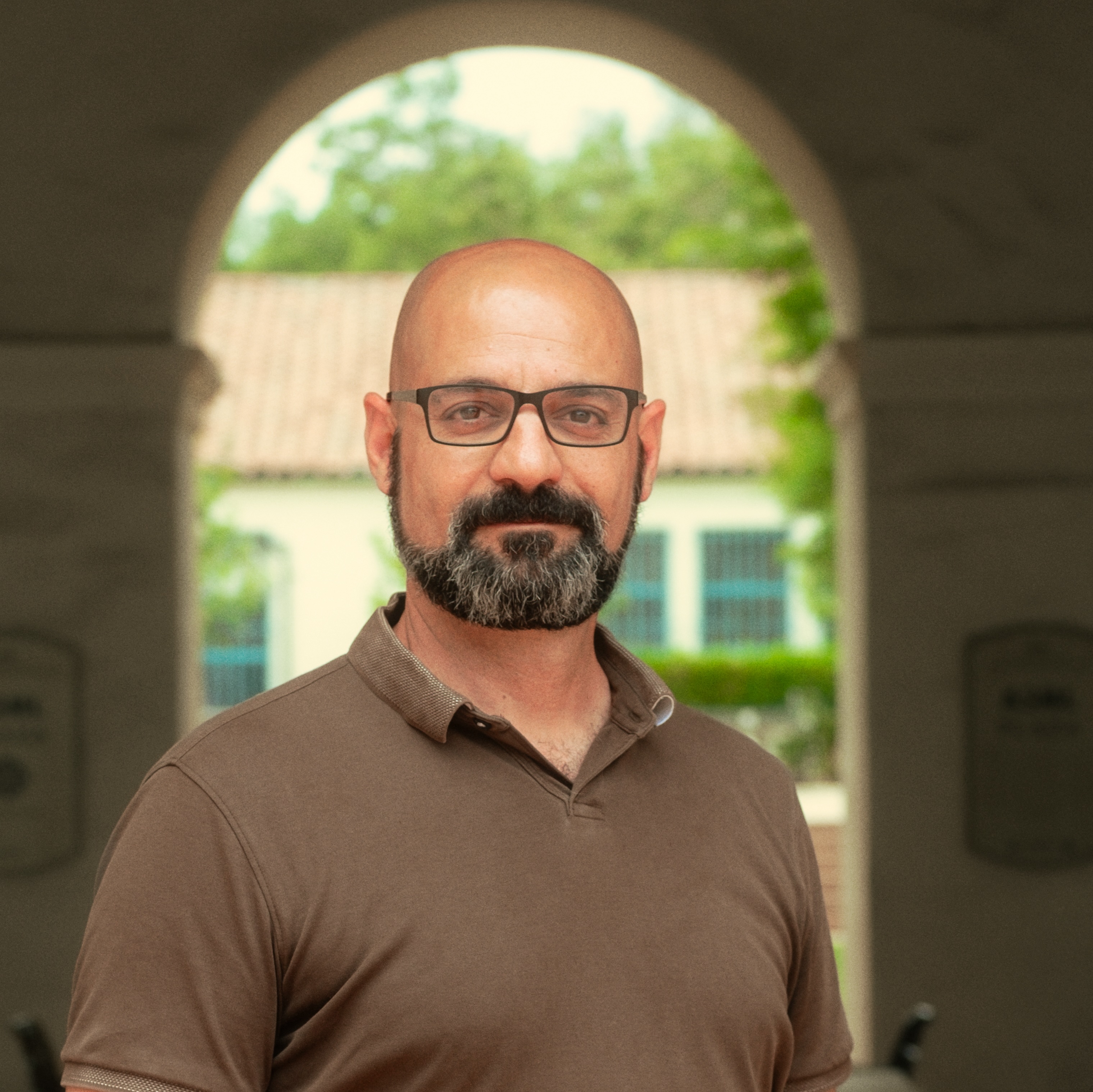
Special Assistant to the Superintendent
Long Beach Unified School District

Excellence and Equity Coordinator
Long Beach Unified School District
PC01 | Activating Authentic Student Voice & Leadership for Transformative Change
Engage in a process to elevate and activate student voice/experience in school and district-level decision-making through structured two-way communication channels, and co-design partnerships between adults and students. Participants will apply the Liberatory Design mindsets and modes to a student-centered problem of practice in their own context to reimagine student-empowered processes and structures that allow students to develop their leadership capacity.
Participants will:
- Practice applying the mindsets and modes of Liberatory Design to activate student voice and agency in solving local challenges;
- Imagine ways to build collaborative student leadership models; and
- Learn practical and meaningful ways to partner with students in co-designing solutions to local challenges or problems of practice.

Administrator
Health Sciences High
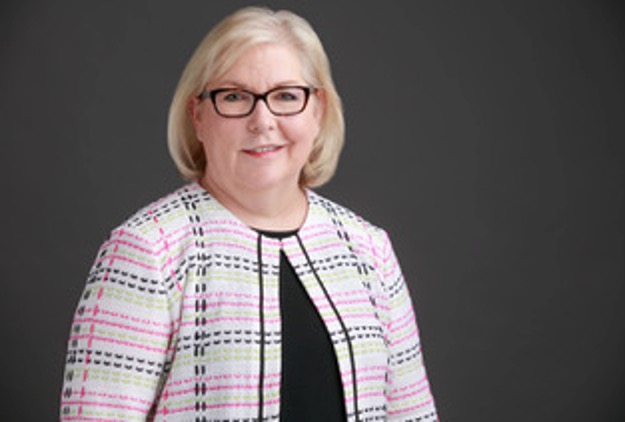
Administrator
Health Sciences High
PC02 | Unveiling Rigor: Curriculum for Deep Learning
High-quality curriculum is essential, but is undermined by “curriculum DJs” who cobble together materials rather than using approved district curriculum, and the impact is diminished rigor. In this session, we equip you with tools to help educators ensure that instructional materials support deep learning. Participants will explore practical strategies to align curriculum with authentic rigor, fostering access to meaningful, high-impact instruction for all students.
Participants will:
- Distinguish between true rigor and excessive difficulty in curriculum and instructional materials;
- Identify key indicators of rigorous content and instructional design; and
- Develop action plans for collaborative curriculum planning that fosters student success.

Director – Educator Excellence
Delaware Department of Education

Education Associate - Early Engagement & Teacher Care
Delaware Department of Education
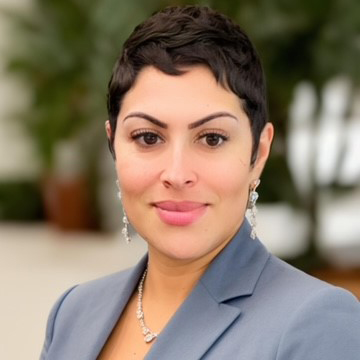
Education Associate – School Leadership
Delaware Department of Education
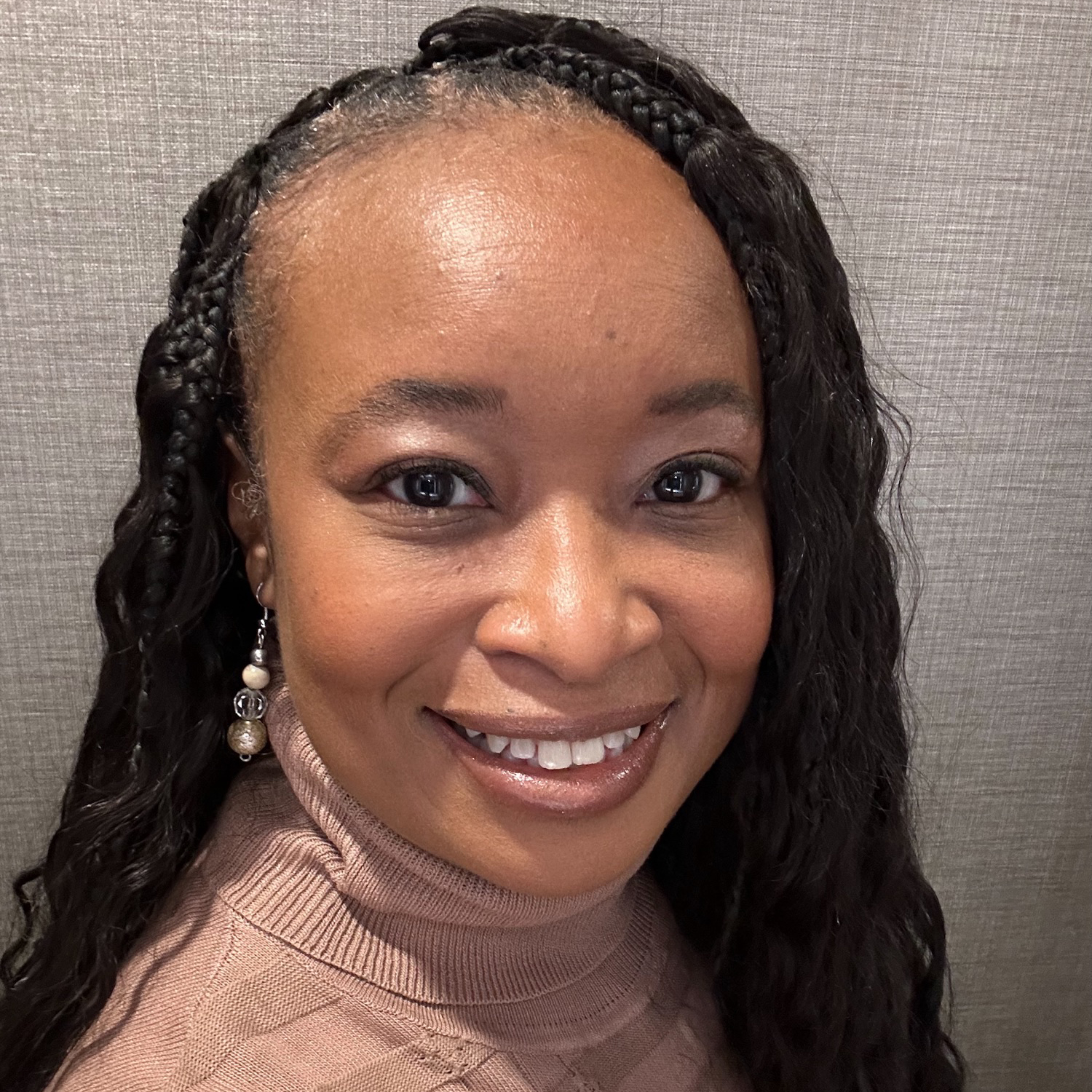
Education Associate – Educator Induction
Delaware Department of Education
-2.png)
Education Associate - Educator Preparation & Quality
Delaware Department of Education
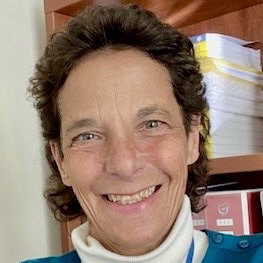
Education Associate - Educator Development & Evaluation
Delaware Department of Education
PC03 | Grow your Workforce: Recruit and Retain Effectively
Explore Delaware's first-of-its-kind Educator Recruitment Self-Study Guide developed in partnership with Learning Forward. Engage in action planning to strengthen your system’s educator recruitment and retention strategies across six research-based domains. Leave with a customizable tool and concrete steps to assess current efforts, identify early wins, and build a sustainable workforce plan.
Participants will:
- Understand the structure and purpose of Delaware’s Educator Recruitment Self-Study Guide and Action Plan;
- Assess current recruitment and retention practices using six research-based domains;
- Develop a draft action plan tailored to local workforce needs and priorities; and
- Apply tools and strategies to implement early wins and long-term improvements in educator recruitment and retention.
Brandie Foxx, Delaware Department of Education
Tiffany Green, Delaware Department of Education
Keeley Powell, Delaware Department of Education
Angela Socorso, Delaware Department of Education
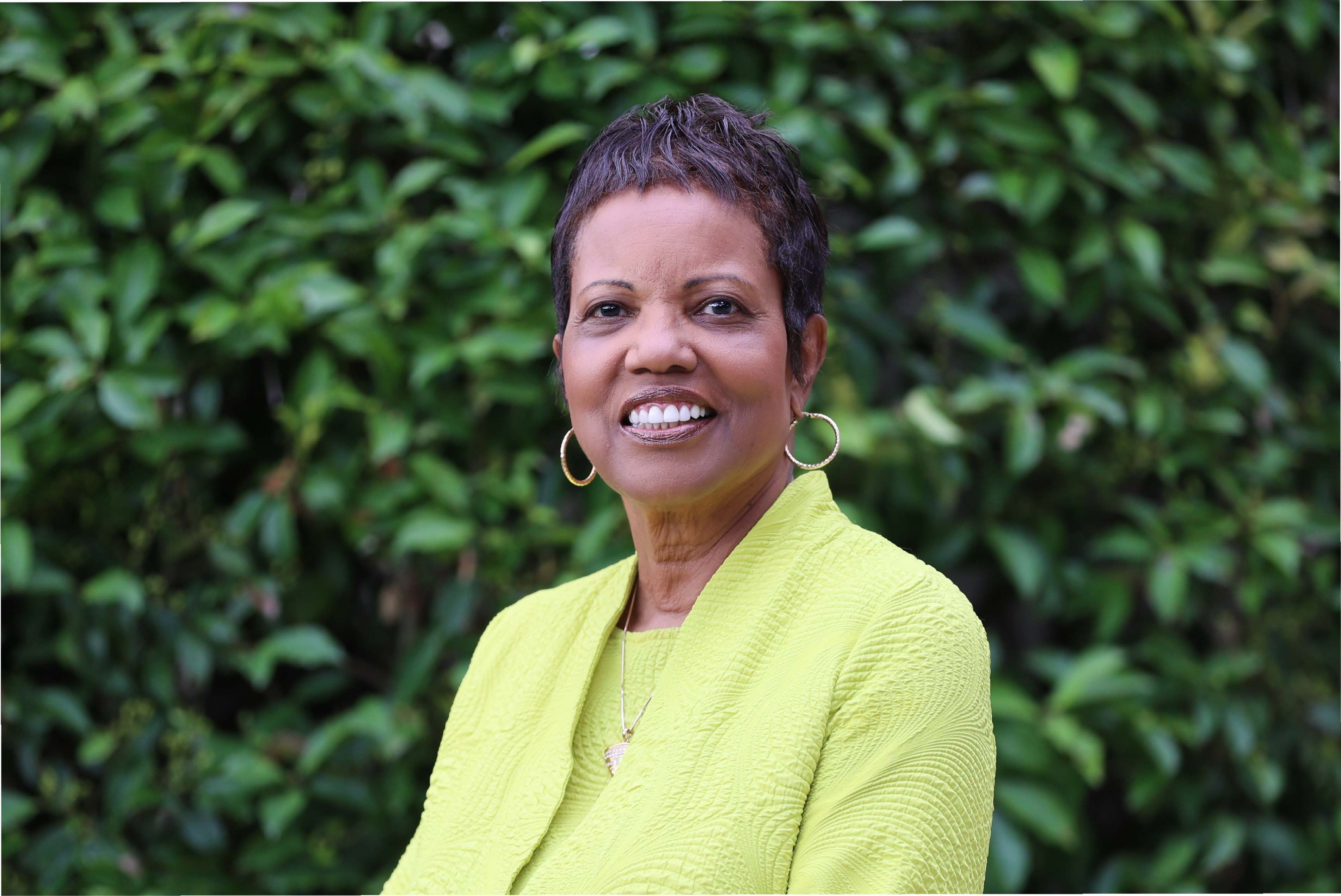
CEO
Developing Minds, Inc.
PC04 | Healthy Teachers, Happy Classrooms
How do you avoid teacher burnout? In this engaging workshop based on the book by the same title, educators will learn how to restore their passion for teaching and explore 12 brain-based principles for avoiding burnout, increasing optimism, and supporting physical well-being for optimal work/life balance.
Participants will:
- Identify the factors that contribute to teacher burnout and learn how to determine purpose and restore the passion inherent in the profession;
- Discover the correlation between humor, optimism, games, and increased immunity;
- Gain an understanding of the importance of quality nutrition, exercise, and sleep to support physical well-being; and
- Learn how to create a classroom that leads to optimal student success.

Professor Emeritus
University of Kentucky
College of Education
PC05 | Bridging Professional Learning and Student Success through Evaluation
Learn how to design and gather relevant evidence on professional learning experiences that have positive effects on teaching practices and student learning outcomes. We will develop strategies for gathering crucial evidence on professional learning experiences to verify results and guide future improvement efforts, and explore ways to accommodate specific context factors that influence professional learning success.
Participants will:
- Explore the factors that evidence shows do and do not contribute to the effectiveness of professional learning;
- Learn how to use the five levels of evidence that are essential in evaluating professional learning practices and experiences;
- Develop strategies for planning effective professional learning experiences that impact teaching practices and result in improved student performance; and
- Use group conversations to explore past personal professional learning experiences and reactions/responses of various stakeholders (i.e., teachers, school leaders, students, parents/families, and board members).

CIO
LeadWise Coaching, LLC
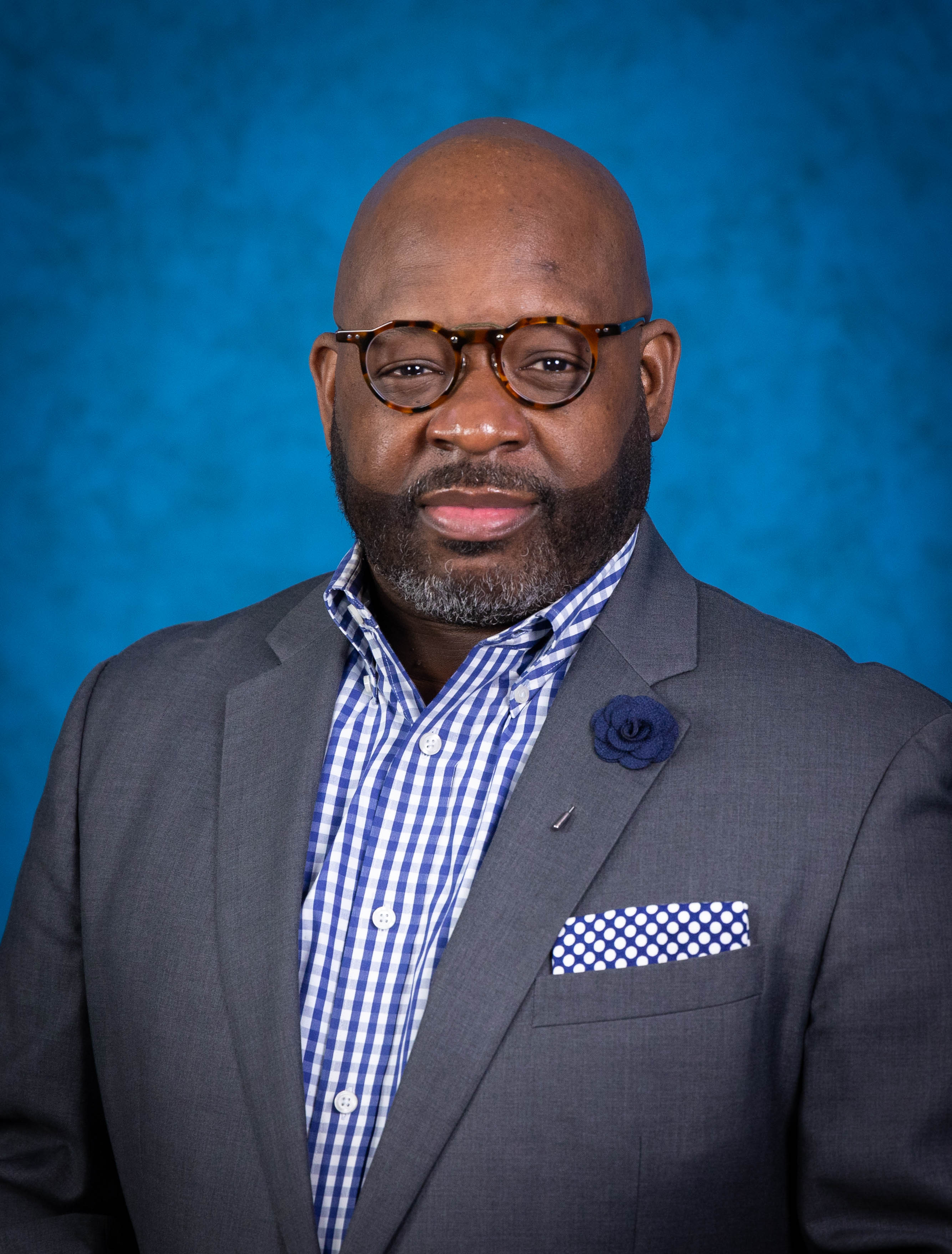
Principal
Harford County Public Schools
Old Post Road Elementary School
PC06 | Breathing New Life into Adult Learning
Explore the principles of high-quality adult learning to promote system-level change. Examine learning structures that breathe life into your organization while teaching and transforming all stakeholders’ attitudes, perceptions, and learning. Construct and evaluate fresh, inspired professional learning for all.
Participants will:
- Co-create and design an innovative continuum of adult learning constructs aligned to the Standards for Professional Learning;
- Identify powerful structures for each of the adult learning constructs and unique ways to reimagine time for them;
- Align science of learning principles to craft inspirational learning experiences for adult learners; and
- Create a tool for providing high-quality feedback on various professional learning designs.
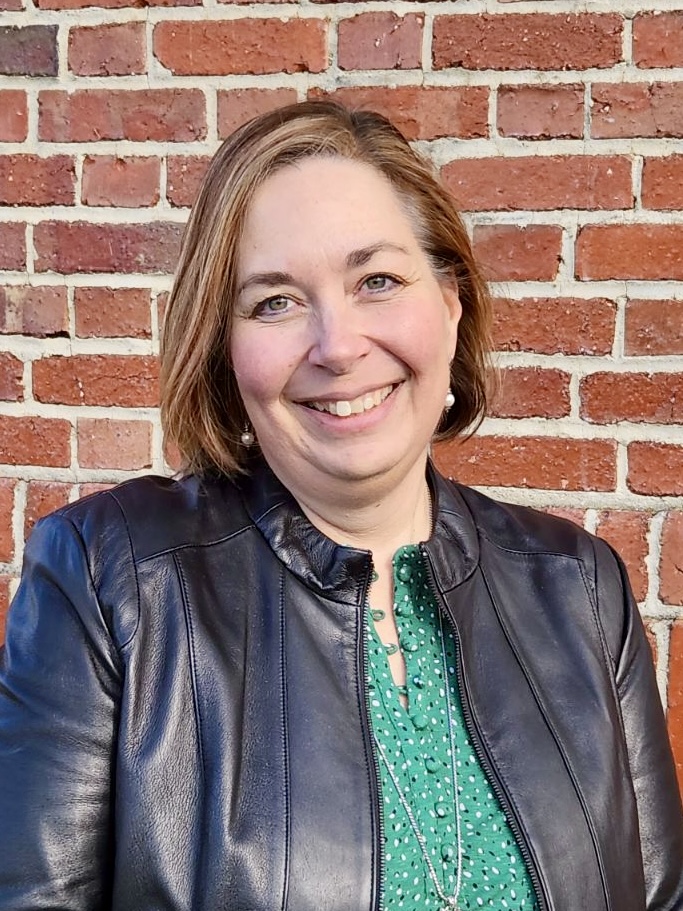
Advisor, Evidence-Informed Implementation
Academica University of Applied Sciences

Professor, Evidence-Informed Education Leadership
Academica University of Applied Sciences
PC07 | Learning Science: Real Research, Real Classroom Impact
Transform teaching and learning in your school or district by applying key learning science principles. Bridge research to practice by examining foundational findings from cognitive science that can be applied in real classrooms. Empower teachers and cultivate a system that attracts and retains strong educators to foster a high-impact learning environment.
Participants will:
- Articulate a simple model of the mind to ground understanding of how learning happens;
- Identify key learning science principles that ensure instructional effectiveness;
- Analyze components of successful evidence-to-practice implementation in teacher induction and professional learning; and
- Develop a Theory of Change plan that takes initial steps for building capacity for evidence-informed professional learning in your school or district.
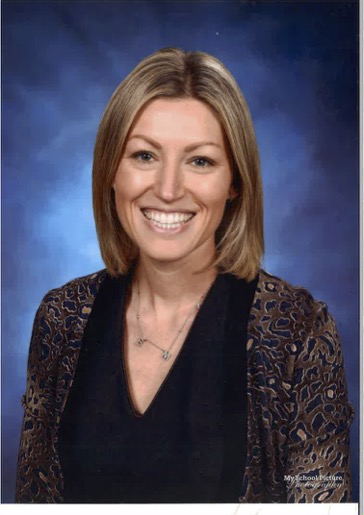
Principal
Richardson Independent School District
Bowie Elementary
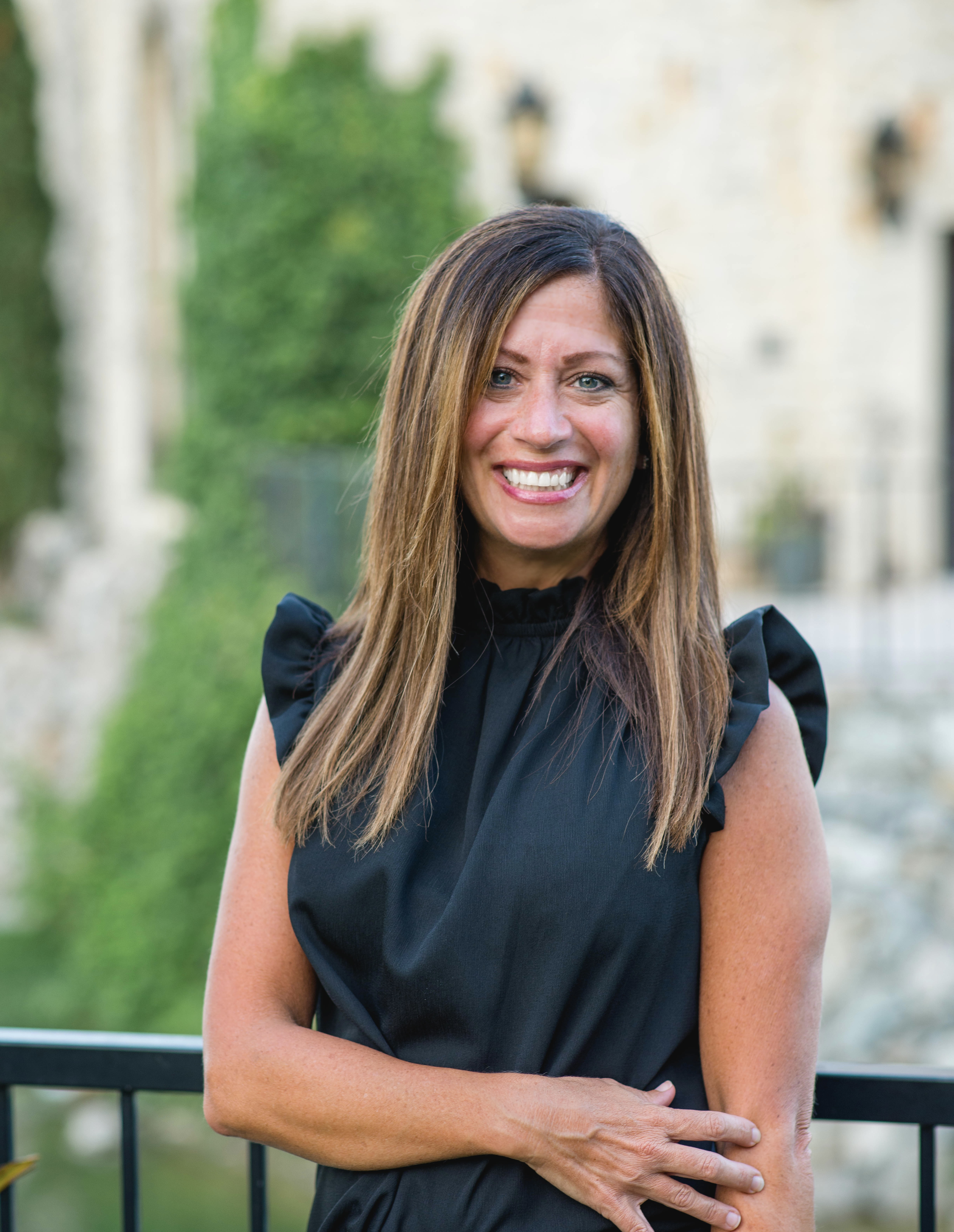
Professional Learning Specialist & Instructional Coach
Amplify
PC08 | Mentoring New Teachers: A Learning Cycle Approach
Examine and apply strategies from a mentoring cycle focused on diagnosing new teacher needs, providing coaching support to address those needs, and monitoring progress to measure growth and evaluate impact. Learn and practice skills to build strong relationships and communicate effectively with beginning teachers. Apply adult learning theory and understanding of new teacher mindset to the mentoring role. Design and implement a mentoring support plan that grows new teachers’ knowledge and skills.
Participants will:
- Learn the “why” behind mentoring and the impact mentoring can have on new teachers;
- Understand and apply mentor roles, responsibilities, expectations, and key attributes in their work with new teachers;
- Recognize and apply strategies from the Mentor Cycle framework for developing new teachers’ knowledge and skills; and
- Apply tools and strategies that establish trust between a mentor and a new teacher to build strong, learning-focused relationships.
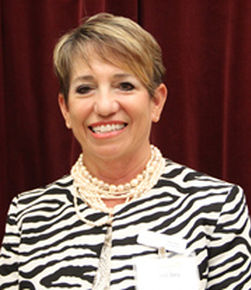
Consultant and Trainer
Learning Forward Texas
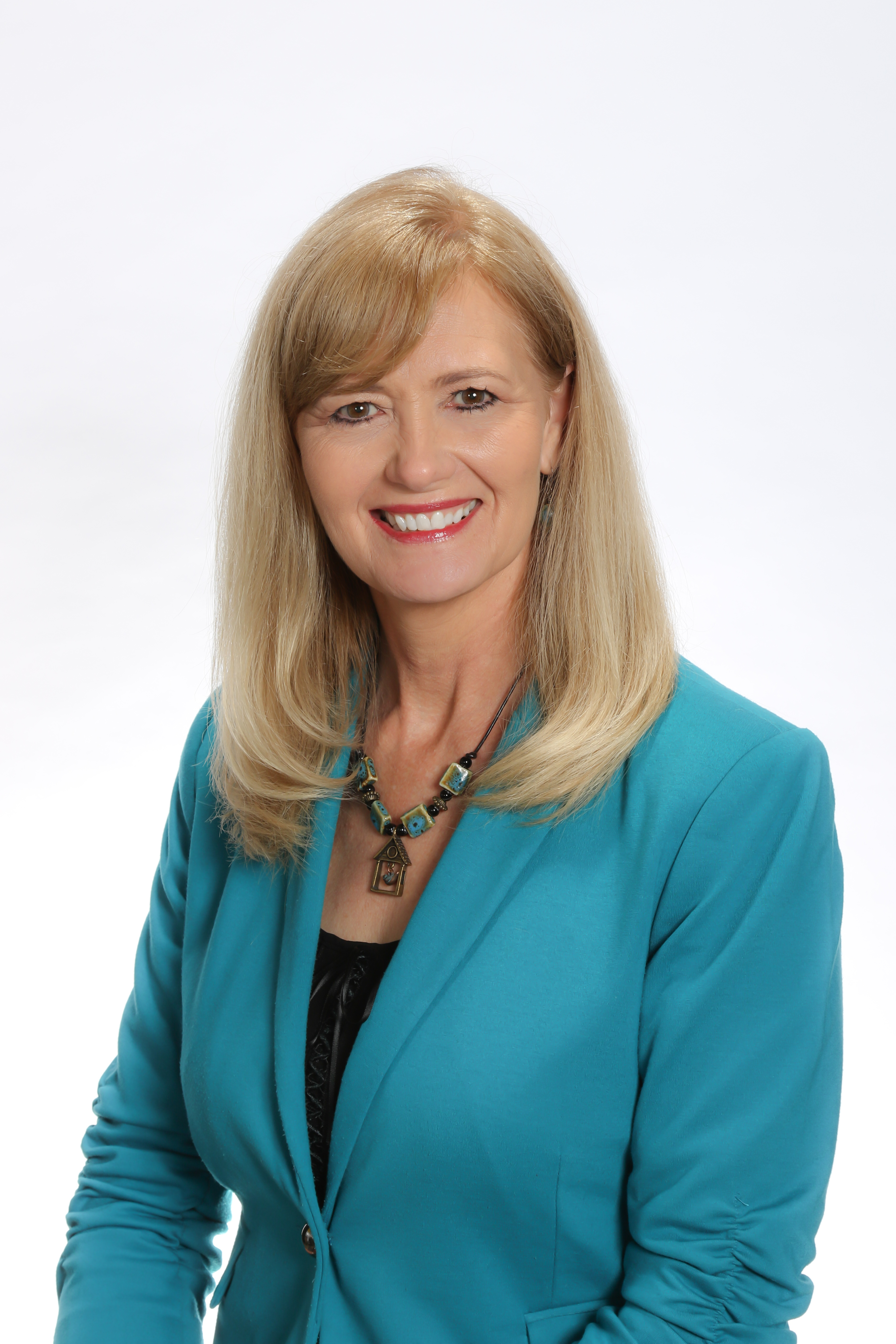
Consultant/Trainer
Learning Forward Texas
PC09 | Powerful Practices for Professional Learning
Learn to design high-quality, interactive, and relevant professional learning that can escalate changes in educator practice leading to improved student outcomes. Explore the specific learning needs of adults and engaging processes to ensure those needs are met, all while extending your understanding of quality professional learning design through peer collaboration.
Participants will:
- Explore a framework for designing and facilitating powerful professional learning that is directly aligned to Standards for Professional Learning;
- Experience a learning environment that meets the physical, social/relational, and learning needs of adults;
- Engage with facilitators as they model brain-friendly strategies that capture and hold learners' attention and increase retention; and
- Prepare to use tools provided in the session for designing future high-quality professional learning.

Founder/Instructor at the Graduate School of Education PLN
Adaptable Learning/University of Pennsylvania
PC10 | The Role of Artificial Intelligence in Student Engagement
Explore the keys to student engagement and learn how to help students make meaning and connect their learning to relevant artificial intelligence experiences. Tackle five strategies that work to engage students at every grade level and inspire innovative work: choice-based instruction, inquiry-based projects, authentic audience, competitive challenges, and launching to the world.
Participants will:
- Focus on using artificial intelligence as a tool with specific engagement purposes;
- Develop an action plan to make learning meaningful and relevant in any classroom context; and
- Explore real strategies and structures that drive engagement in a 21st-century learning environment.

Instructional Coach
Learning Forward's Professional Services

Senior VP, Professional Services
Learning Forward
PC11 | Advancing Skills and Impact for Experienced Coaches
Coaching is high-impact professional learning, but its impact depends on the coaching skills of the person providing the coaching. Too often, coaches receive training at the start of their careers but very little support for the continued development of their skills. We will focus on the skills and structures that coaches and coach champions can use to foster sustained improvement in even the most experienced coaches.
Participants will:
- Learn to use and recognize advanced coaching skills that surface and challenge self-imposed limitations;
- Embrace the concept of coaching the person rather than the problem to challenge and shift mindsets; and
- Learn protocols for safe coaching practices.
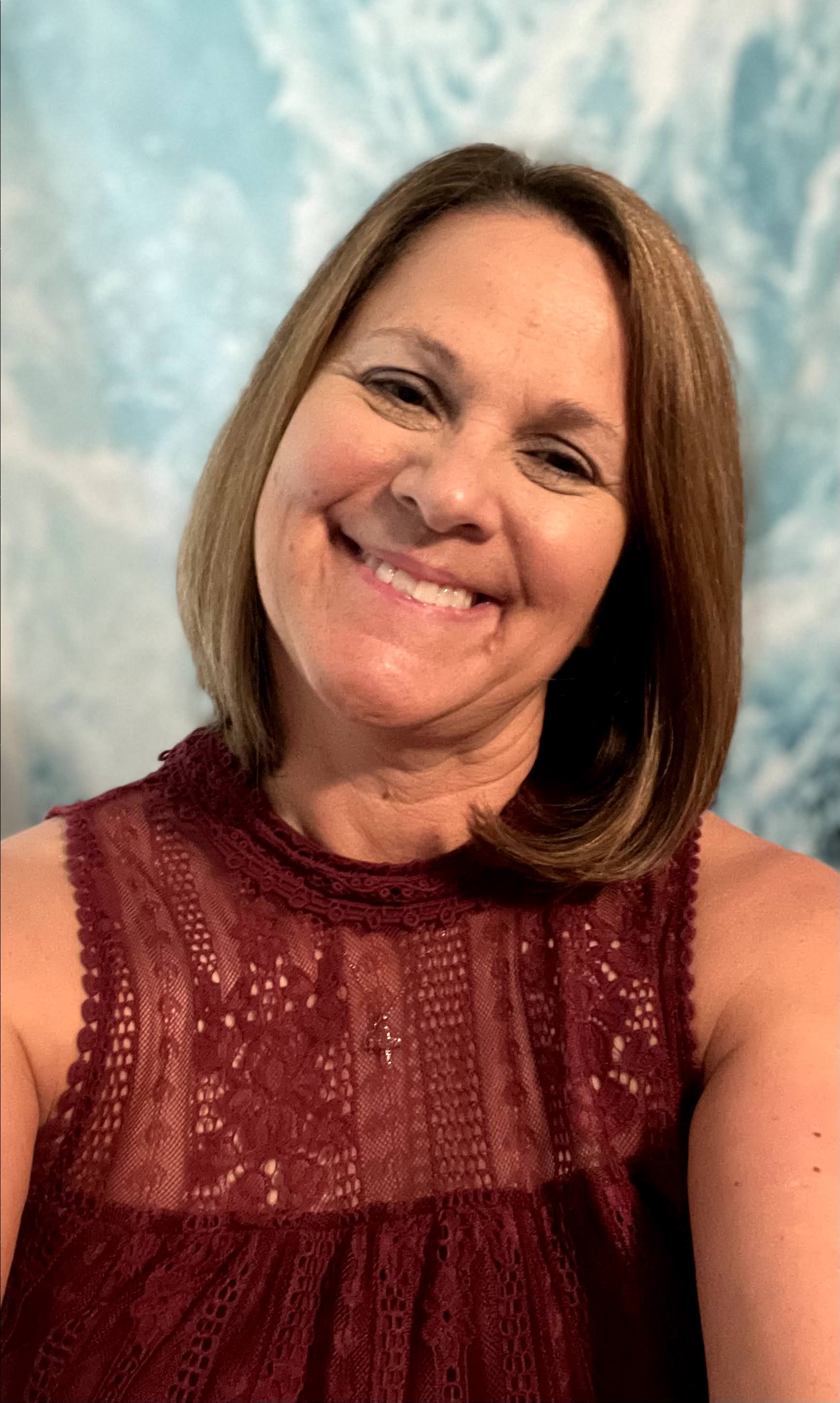
Consultant
Learning Forward's Professional Services

Director of Academic Achievement and Professional Learning
Worthington City Schools
Worthington Education Center
PC12 | Foundational Strategies for Beginning Coaches
Develop clarity on the purpose and initial steps for beginning instructional coaches, with an emphasis on the importance of building relationships through coaching to enhance teacher practice. Explore strategies to improve initial instruction, promoting student growth and achievement for all learners. Collaborate and reflect with others to gain confidence in establishing impactful coaching relationships and driving instructional improvement in your setting.
Participants will:
- Define the purpose and responsibilities of beginning instructional coaches;
- Identify initial steps for building coaching relationships and fostering trust;
- Find strategies for enhancing initial instruction to boost student growth and achievement; and
- Increase confidence and clarity in navigating the coaching role within current systems.

Managing Director & Founder
The Blueprint Collective
PC13 | The Human Side of Change
Explore the psychology of change by uncovering the emotional and psychological factors driving resistance. Engage in interactive activities to identify forms of loss experienced during transitions and develop strategies to foster acceptance and agency. Apply these insights to real-world scenarios, equipping yourself to lead change initiatives with empathy, understanding, and effectiveness.
Participants will:
- Examine the psychology of change by exploring the emotional and psychological factors driving resistance;
- Engage in interactive activities to identify forms of loss experienced during transitions and develop strategies to foster acceptance and agency;
- Apply tools and frameworks to lead change efforts with empathy, understanding, and effectiveness; and
- Reflect on small, actionable changes that can enhance processes to better support the human side of change.

Senior Partner
Instructional Coaching Group
PC14 | New Horizons for Coaching: Using AI to Strengthen Learning Conversations
Learn how AI can open new doors for coaching by helping teachers coach each other, creating time for leaders to have coaching conversations, and making formal coaching faster and easier to scale. Discover what AI can and can’t do and why it should be a tool for coaches, not a replacement for human interaction. Walk away with practical tools and strategies you can use in many coaching roles and contexts.
Participants will:
- Explore how AI can enhance and support coaching conversations;
- Consider cases of when to use AI and when not to use it; and
- Learn how to use tools that incorporate AI into coaching.

President
Sierra Training Associates, Inc
PC15 | The Choreography of Presenting
Transform how you present, lead meetings, and deliver professional development. In this hands-on session, you will dive into the key skills and techniques that build trust, strengthen rapport, elevate your listening abilities, and empower you to recover with grace when things do not go as planned. You will gain insight into a proven framework that helps you create dynamic presentations time after time. Recommended book (optional): https://www.corwin.com/books/the-choreography-of-presenting-284395
Participants will:
- Uncover the skills and structures that impact the first 5 minutes;
- Explore listening and inquiry skills to strengthen relationships, build trust, and create a culture of inquiry;
- Connect the importance of building community to learning; and
- Practice skills for credibility and rapport to build relationships and connect you and your passion to your audience.
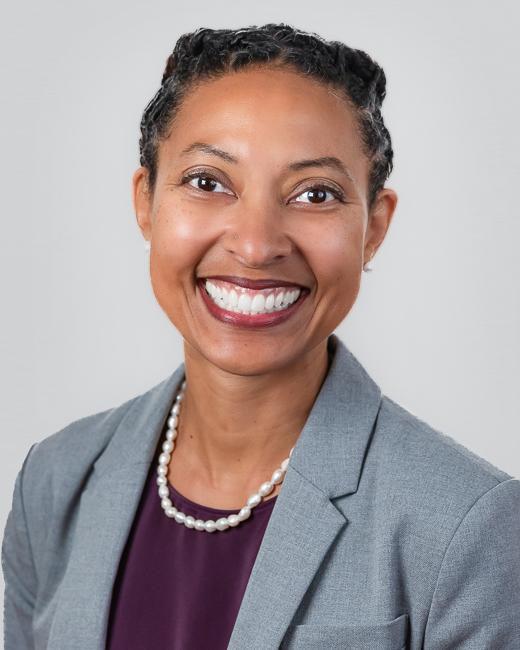
Vice President, Standards Implementation and Outreach
Learning Forward

Chief Learning Officer
Learning Forward

Vice President, Research & Standards
Learning Forward
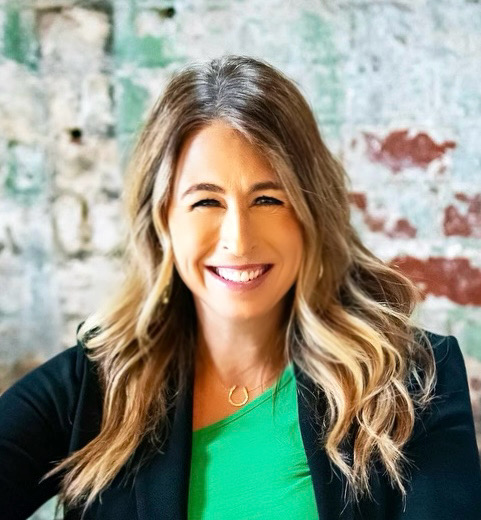
Chief Academic Officer
Northern Kentucky Cooperative for Educational Services
PC16 | Exploring the Standards for Professional Learning
Delve into the Standards for Professional Learning with Learning Forward’s standards team. Hear first-hand from a community of professional learning leaders who evaluated the effectiveness of their professional learning with districts, identified and celebrated their strengths, and strategically improved their areas for growth using the standards and their accompanying implementation tools.
Participants will:
- Gain a deep understanding of the content and structure of the Standards for Professional Learning;
- Apply the concepts in the standards to their own roles, responsibilities, and contexts by engaging in interactive and collaborative activities;
- Explore strategies for implementing Standards for Professional Learning and accompanying tools; and
- Leave with strategies and resources that support individual and collaborative professional learning growth around the Standards.
Elizabeth Foster, Learning Forward
Melody Stacy, Northern Kentucky Cooperative for Educational Services
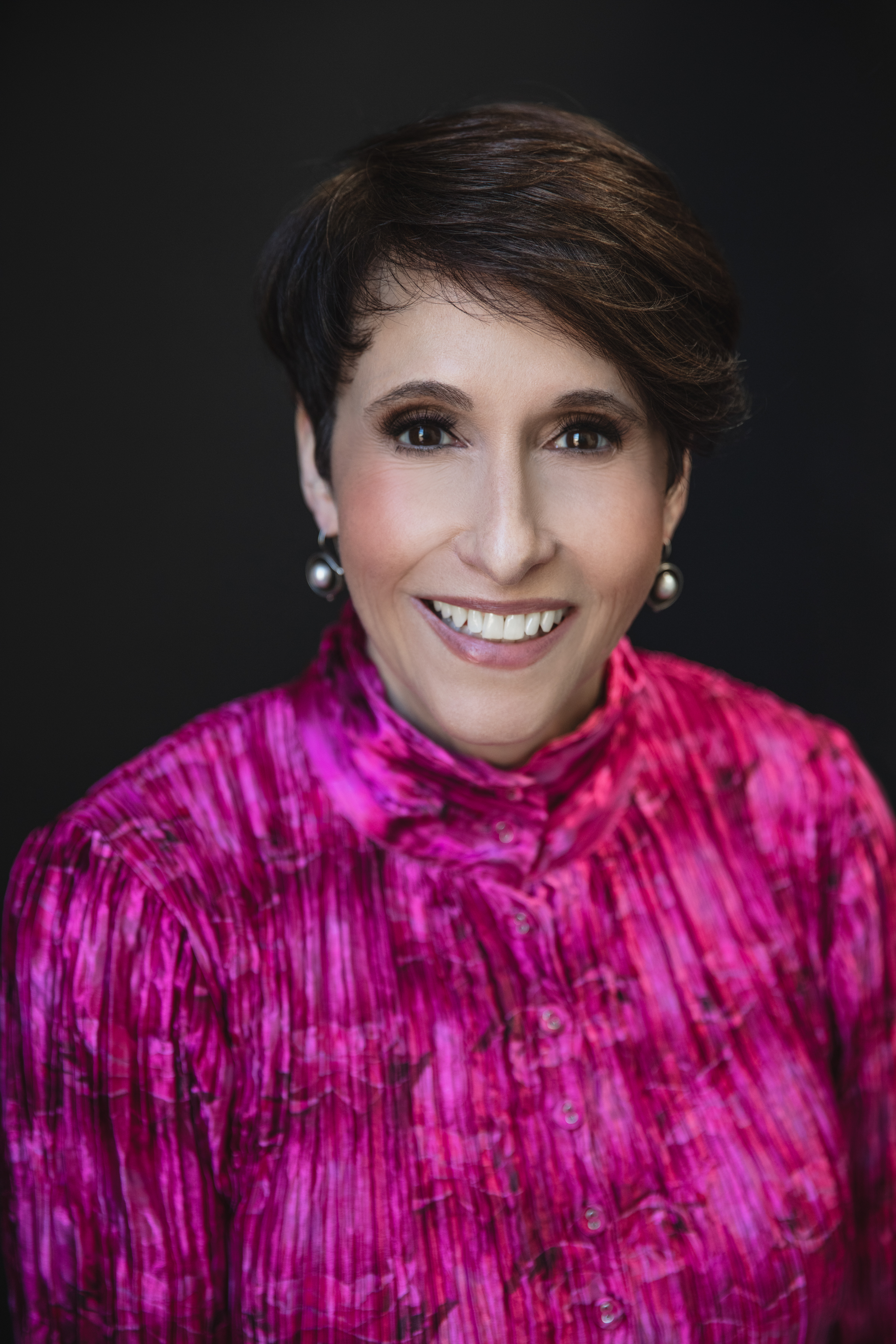
Educational Consultant
Jennifer Abrams Consulting
PC17 | Having Hard Conversations
Explore strategies for productive yet challenging conversations, gaining insight into conflict and interpersonal communication. Learn how to create action plans and use scripting tools that foster humane and growth-producing conversations while avoiding words that put others on the defensive.
Participants will:
- Identify why we hesitate to have hard conversations;
- Consider questions to ask ourselves before we choose to speak up;
- Articulate in professional language the topic we want to address; and
- Determine the goals of the conversation and write an action plan of support.

Senior Consultant
Learning Forward's Professional Services

Instructional Coach
Cherry Creek School District
Eaglecrest High School
PC18 | Becoming a Learning Team
Gain step-by-step guidance to maximize collaborative learning time for teachers to solve specific student learning challenges by implementing a five-stage cycle of teacher-led professional learning. Examine a process for using student data to craft student and educator learning goals leading to learning plans, implementation steps, and progress monitoring. Focus on the role of learning teams in implementing high-quality instruction and what that means for student and educator learning goals.
Participants will:
- Make the connection between collaborative, teacher-led learning and improved instruction and student learning;
- Take steps to launch a learning team cycle with five key stages and examine how to implement each with specific strategies and supporting protocols;
- Adapt the cycle to fit specific school and district calendars and initiatives; and
- Leave with a road map to focus on the day-to-day actions in classrooms among students, educators, and instructional materials for maximum impact.

Senior Vice President, Networks & Continuous Improvement
Learning Forward
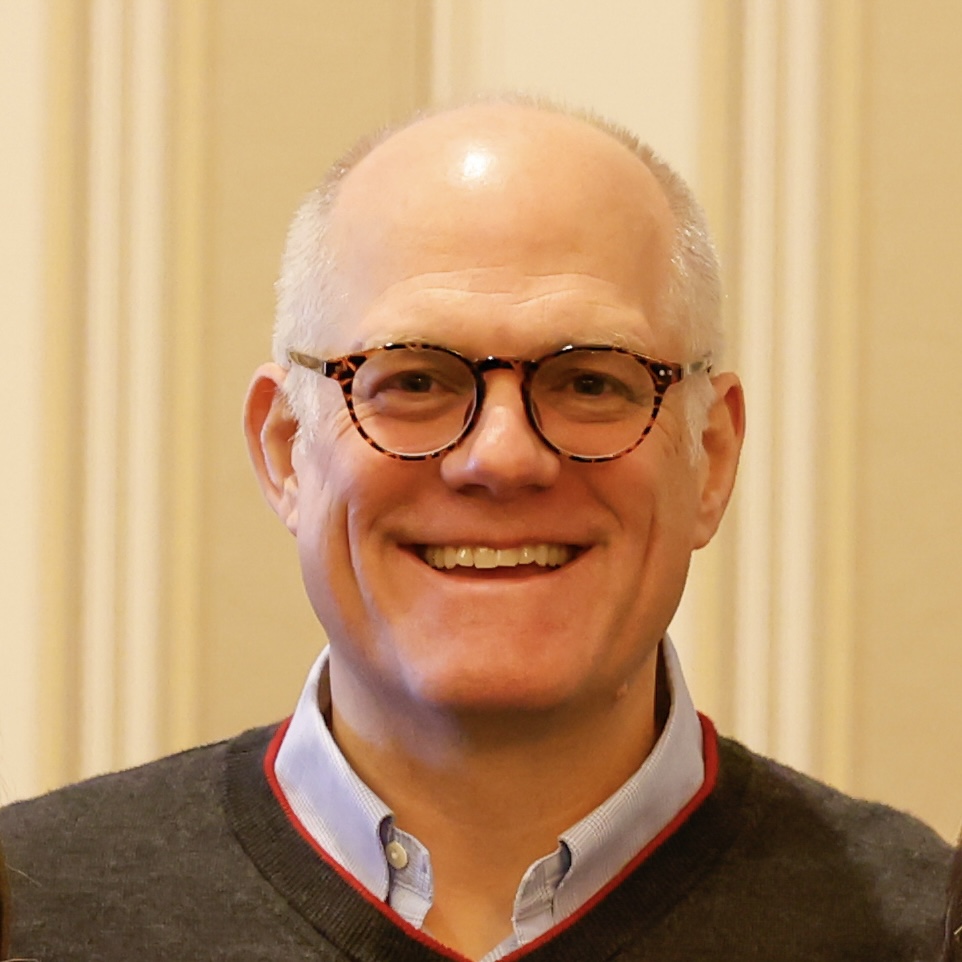
LF Senior Consultant
Learning Forward
PC19 | Continuous Improvement is Professional Learning
Explore the components of systemwide continuous improvement, a high-impact design for educator professional learning that leads to changes in student achievement. Engage in structured conversations to reflect on the strategies and actions taken to apply cycles of continuous improvement to address problems of practice. Articulate next steps to demonstrate shared responsibility for improving learning for all students. Learn how to advocate for continuous improvement as an effective form of professional learning.
Participants will:
- Learn the high-leverage actions and behaviors associated with systemwide continuous improvement;
- Reflect on the strategies and actions taken to apply cycles of continuous improvement to address problems of practice;
- Describe the next steps to demonstrate shared responsibility for improving learning for all students; and
- Align the practices of high-quality professional learning and collaborative continuous improvement to advocate for the use of continuous improvement in all learning environments.
